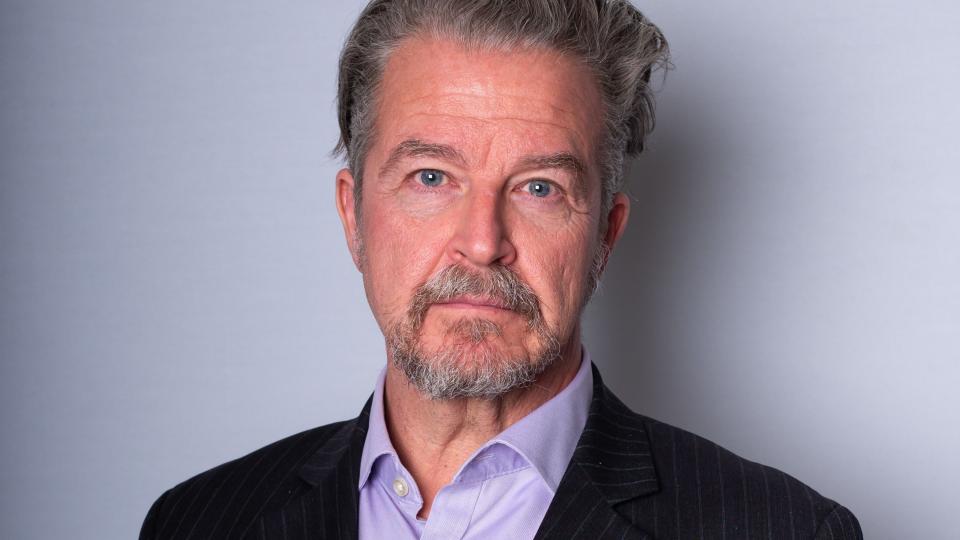ICN tells international conference that nursing is the catalyst that will make Health for All a reality

International Council of Nurses (ICN) Chief Executive Officer Howard Catton has said there had never been a more pressing need to support the nursing profession in its role as a catalyst to make Health for All a reality.
In a keynote speech at the 2nd International Nursing, Midwifery and Allied Health Congress in Abu Dhabi Mr Catton said governments would be making a grave mistake if they forget one of the key lessons of the pandemic: that nurses are central to pandemic preparedness, prevention and response.
It is clear that the world was ill-prepared for the pandemic, and the lack of investment in nursing, which resulted in a 6 million shortage of nurses going into the pandemic, is a key example. ICN now puts that shortage at a conservative estimate of 13 million.
Mr Catton said, “The nursing profession is not only central to healthcare delivery but also to the success of our economies, our personal freedoms, and to our national safety and security. These are lessons learned from the pandemic, but they are dimming in the minds of our government leaders. To forget these lessons would be a fatal error because, when we look now at the challenges the world is facing: climate change, ageing populations, the prevalence of non-communicable diseases, conflicts and wars, we see again, just as with the pandemic, that nurses are central to our response, and the success of that response depends upon our profession.”
Mr Catton said that since the pandemic, efforts to achieve the Sustainable Development Goals (SDGs) and deliver Universal Healthcare Coverage (UHC) have been thrown off course, and that a huge part of the solution to put the world back on track should have been through additional investment in nurses and nursing.
“There is consensus that Primary Health Care (PHC) is the key mechanism to achieve UHC, but no one is joining the dots to what is the very essence of PHC: nurses and making sufficient investment in nursing.
‘The critical ingredient to achieving the SDGS and UHC is nursing. Nursing leaders must be at the top decision-making tables, not only because of their expertise in the delivery of healthcare, but also because through that expertise in delivery on the ground, they know how to design policy and health systems that work.”
Mr Catton underlined nurse leaders need the resources, the budget, the staff and the authority to fully affect their roles, and that all stakeholders in healthcare need to build stronger partnerships across all government departments and that governments should include healthcare in all their policies.
“The pandemic exposed and exacerbated inequalities in our health systems and societies and that was in part because nurse leaders and women were excluded from key decision-making. Nurse leaders were rarely the faces the public saw on their tv screens explaining the progress of the pandemic, but the nursing profession was leading the frontline response.
‘We need greater diversity influencing our policy making, otherwise we simply repeat historical bias and patterns of discrimination. We must learn these lessons and not repeat the mistakes of the past.”